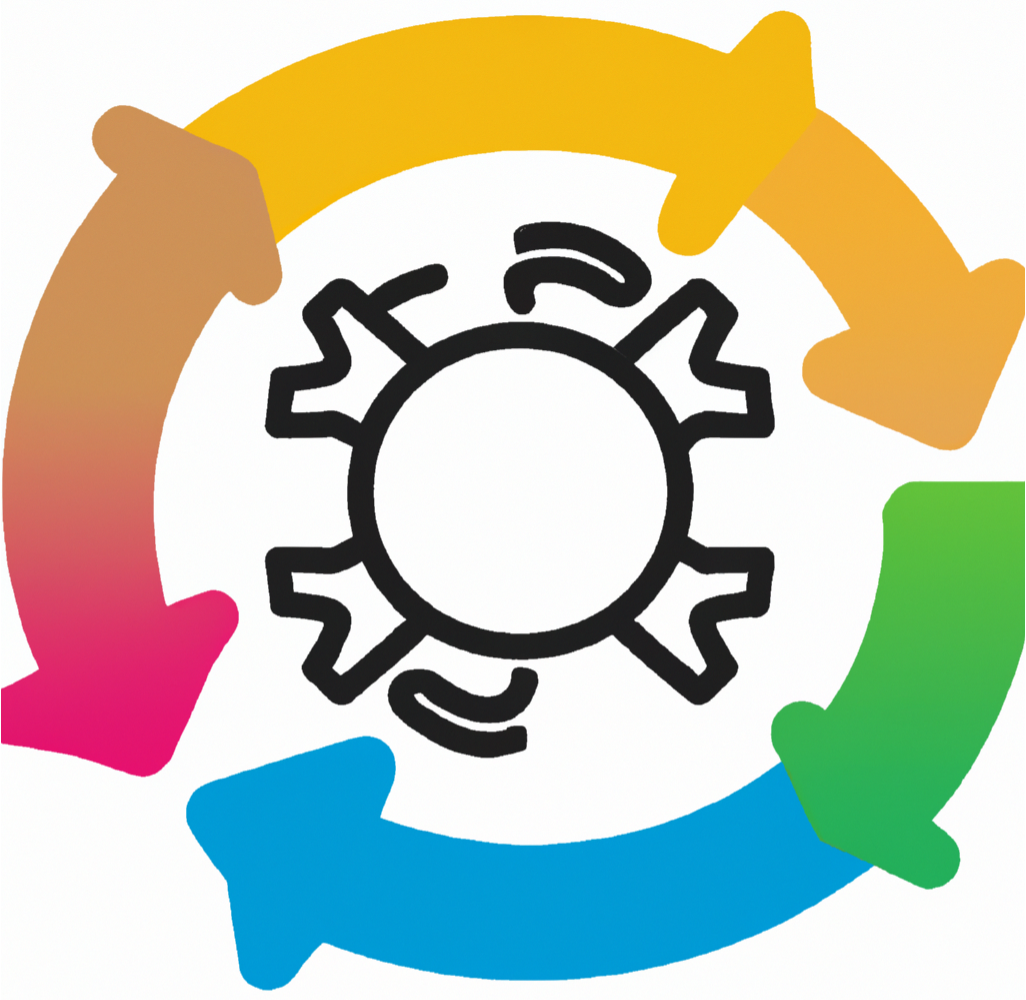Different types of decision making
Share this article
Decisions are a central part of our lives, both in personal and professional contexts. Different situations require different decision-making methods, and there are several known methods that can be used depending on the circumstances. In this article, we describe some of the most well-known decision-making methods.
Decisions are a central part of our lives, both in personal and professional contexts. Different situations require different decision-making methods, and there are several known methods that can be used depending on the circumstances. Some of the most well-known decision-making methods are described below.
1. Rational decision-making:
Rational decision-making is an approach based on collecting and analysing all available information to make the most logical and informed decision. It involves evaluating alternatives, their consequences and assessing them objectively. This method is commonly used in business and economics.
Read more about the continuous improvement decision-making model...
2. Intuitive decision-making:
Intuitive decision-making is based on gut feeling and personal experience rather than extensive analysis. It is particularly common in fast-paced or complex situations where there is no time or opportunity to gather all the information. Many experienced leaders and entrepreneurs use intuitive decision-making.
3. Group-based decision-making:
Group-based decision making involves a group of people contributing together to make decisions. This method promotes collaboration and different perspectives. Methods such as 'consensus decision-making' and 'majority decision-making' are examples of group decision-making techniques.
4. Risk and uncertainty analysis:
When the decision is linked to significant risks or uncertainties, methods such as risk analysis and scenario planning are used. This helps to predict possible future events and how they may affect the outcome of the decision.
5. Decision-making based on values and ethics:
Some decisions require consideration of moral and ethical issues. In these cases, decision-making is based on individual or organisational values and ethical principles. Ethical guidelines and codes can be used as a reference.
6. Impact assessment:
Impact assessment involves assessing the long-term effects of a decision on different areas, including the economy, environment and society. This is particularly relevant in the field of public administration and sustainability.
7. Decision-making by using decision support systems:
In the era of modern technology, computer-based decision support systems are used to collect and analyse data to support decision-making. These systems can generate recommendations based on the information collected.
Read more about how GoalEnvision can help you make decisions...
It is important to remember that different situations require different approaches to decision-making, and that there is no "one-size-fits-all" approach. Being able to choose the right decision-making method is an important skill that can influence the outcome of a decision. Regardless of the method used, it is important to be aware of its advantages and limitations and to be open-minded.
Share this article
Did you like this article? Here is more...
Latest




